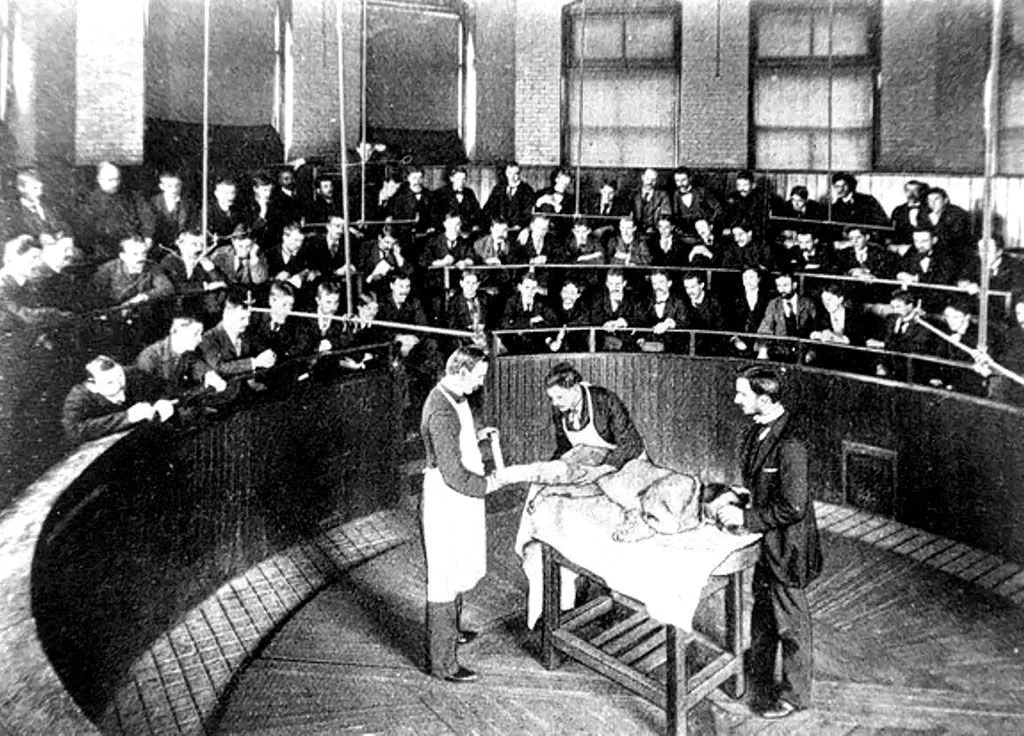If X happens, then we will do Y.
One of the simplest yet most powerful tools for designing your processes, crafting mindsets, creating situational awareness in your teams and making them response-able.
A perspective is a particular attitude towards or way of regarding something; a point of view. One approach observes and infers how someone feels. This is imagine-other perspective-taking (IOPT). The other way to empathise is to put yourself into someone else's situation, this is imagine-self perspective-taking (ISPT).
Read MoreEffortless Service - The UNCXE Way
“What is Hospitality: Graciousness; the art of making people feel welcomed, comfortable, and at ease, preferably in a seemingly effortless manner.” — Abigail Charpentier, human resources VP, ARAMARK Sports, Entertainment & Conventions.This post has some ideas on how to move towards effortless service for your guests.
Read MoreA pre-mortem is a managerial strategy in which a project team imagines that a project or organization has failed, and then works backwards to determine what potentially could have led to the failure of the project or organization.
Read MoreCare as a term or measure of service is most commonly used in healthcare or medicine. I believe it can be a pivotal service differentiator. Our insight #28 has 3 Actionable Insights for the service leader who cares.
#servicedesign #hospitality #customerservice #serviceleaders #insight
Read MoreA North Star metric is a measure that becomes both a goal and a direction for a team or an individual. Setting up your team's collective North Star should be your No 1 priority. Everybody's efforts should be in the same direction and everything should circle around it.
Read MoreVisualization is the process of creating a visual image in one's mind or mentally rehearsing a planned movement in order to learn skills or enhance performance. This is generally considered an individual activity. I am asking you to make it a collective one. Get your team together, and then follow this process.
Read MoreSatisficing is a portmanteau word, made from satisfying & sufficing, it was first used by the Nobel laureate in economics Herbert Simon to explain a decision-making process in which an individual makes a choice that is satisfactory rather than optimal. So as customer service leaders, how can we use this?
Read MoreAnticipation is the key ingredient to creating a remarkable customer experience. When a customer is met with the surprise and delight of having their unexpressed needs fulfilled, it creates a compelling emotional connection and keeps them coming back for more.
Read MoreA powerful question to ask not just your team and yourself, but of your processes.
Read MoreThe core is simple, focus on One Thing. Once you know the 1 thing that is most important, do it repeatedly, with excellence & deliberate practice. Once you have reached the high point in that 1 thing, 10X it. Once the 10X is achieved, add to it. Repeat the entire process. Success is built sequentially.
Read MoreObsession is an idea or thought that continually preoccupies or intrudes on a person's mind. When cultivated, it can be a super-power. When you make your customer's happiness your no 1 priority, you make magic happen.
Here then are 10 ways to take your customer service obsession to the next level!
Read MoreAt the heart of great customer service is a great story. Learn to tell yours.
Read MoreSODOTO is See One, Do One, Teach One. This Eclat Hospitality Insight details what you can do to get the max out of this principle at your company, unit, division or department.
Read MoreExpected rewards reduce motivation on a task. Surprise rewards increase motivation on the same task. Fixed rewards are less powerful than performance-based rewards, even with creative tasks. Find out how you can take this insight to create wow @ work.
Read MorePOV - Point Of View is the mental position from which a story is observed or narrated. GPOV is the Guest Point Of View. When we look at every interaction, every process from the Guest's Point Of View.
Read MoreThe peak-end rule is a psychological heuristic in which people judge an experience largely based on how they felt at its peak (i.e., its most intense point) and at its end, rather than based on the total sum or average of every moment of the experience. The effect occurs regardless of whether the experience is pleasant or unpleasant.
Read More















